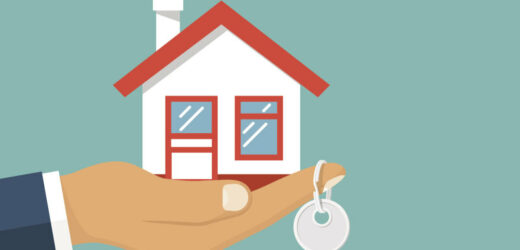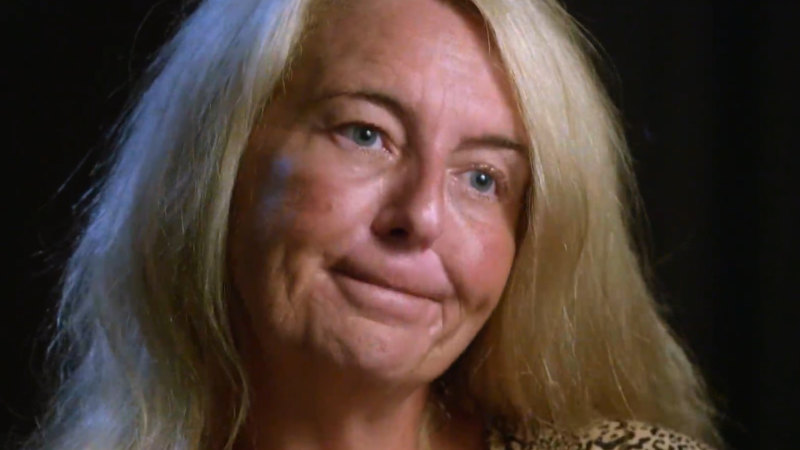Save articles for later
Add articles to your saved list and come back to them any time.
The one thing most people agree on is that housing policy has gone badly wrong in Australia.
Prices have soared, placing the aspiration of homeownership beyond the reach of growing numbers of Australians, particularly younger cohorts now forced to compete for a limited supply of increasingly expensive rental properties.
All the while, nowhere near enough new homes are being built to meet booming demand underpinned by strong overseas migration, with building costs and interest rates continuing to rise.
Australia is now witnessing the consequences. Over the past three decades, the proportion of homes owned outright has shrunk from more than 40 per cent to less than 30 per cent, while the proportion of rental properties has risen from about 27 per cent to 30 per cent.
Housing affordability is now a hot button political issue.
This week the Greens refused to pass legislation for the federal government’s $10 billion Housing Australia Future Fund, provoking an angry response. Prime Minister Anthony Albanese accused the minor party of making “absurd and untenable” demands tantamount to socialising the market for investment housing.
What is being demanded by the Greens?
The Greens want the states to implement a two-year rental freeze. After that period, rental increases would be capped at just 2 per cent every two years – an amount that would almost certainly be well below the annual inflation rate.
And to stop a rush of rent increases ahead of the policy’s introduction, none would be allowed above the January 1, 2023 level. These rent controls would be pinned to the property rather than tenants or specific leases. There would also be a ban on “no-grounds eviction” to stop landlords giving tenants the boot.
To implement the proposed policy, state governments– which are constitutionally responsible for the regulation of rental markets – would get an extra $1 billion in housing funding from the federal government as an incentive.
What’s the argument?
According to the Greens, there are numerous examples worldwide of similar policies that have been successful.
Greens housing spokesman Max Chandler-Mather has, for example, referred to the experience of the US state New Jersey, where some municipalities have set controls on rental increases.
He argues that research found “no material impact” on the supply of private housing in New Jersey, while there had been a positive impact reducing rents.
Chandler-Mather also points out that freezes on rent increases were imposed during the COVID-19 pandemic. “The (current) housing crisis is a lot worse than it was during the pandemic,” he told ABC’s Insiders program.
The experience of the ACT has also been used by the Greens to argue its policy could be implemented without adverse consequences. The ACT has, since 2019, limited rental increases to 110 per cent of the inflation rate.
This, according to the Greens, has meant more modest rental rises than in other cities, although a downside is that linking increases to inflation mean rents can go up the most when tenants are also experiencing cost of living pressures most acutely.
Experts have noted that the concepts of a rental “freeze” and a rental “cap” are often conflated. The Greens’ policy is to freeze rents for two years, with a small cap – fixed 2 per cent every two years – at the end of that period.
Could the ACT’s rental increase limits be the solution elsewhere in the country?Credit: Domain
The two concepts are quite different, although the Greens have suggested they may be prepared to compromise if a model similar to the ACT’s approach were put on the national agenda by the government.
What do other people say?
NSW Premier Chris Minns has firmly ruled out adopting the Greens rent-freeze plan in his state, citing “international experience” as evidence that the policy wouldn’t work.
Minns points out that a rental freeze imposed in Berlin for five years in 2020 (except in the case of newer flats) had to be repealed in 2021 because it cut the supply of new houses and led to other unintended consequences.
“If I announced that we were bringing in a rent cap in one month’s time, my fear is that most private rentals would jack up their fees,” Minns told ABC radio on Wednesday morning.
“If I thought a rent freeze to be put in place would work, I’d do it,” he said. “But I don’t think it would.”
Minns’ concerns have been backed by experts warning freezing rents would discourage private investment in new rental properties because it would, by definition, limit returns.
Graeme Samuel, a former head of the Australian Competition and Consumer Commission who is now a professor at Monash University’s Business School, said he was completely dismayed and frustrated about the stalemate over the Housing Australia Fund.
“The Greens have illustrated that they fundamentally don’t understand economics in their demands,” Samuel said. “It might be populist to talk about rental freezes and rental caps, but they should understand that the fundamental problem we’ve got is lack of supply.”
“The moment you put a rental cap in place, you just simply exacerbate the supply problem. Price controls invariably lead to distortions in the market, and the distortion works against the consumer, ultimately.”
Australian Housing and Urban Research Institute managing director, Dr Michael Fotheringham, also argues a plan to freeze rents and subsequently allow very limited increases would be problematic.
“That’s less than inflation, and it doesn’t actually meet rising costs for landlords,” he said. “It won’t work because it will discourage new investment, so new supply won’t be brought on.”
Fotheringham said this may help first home buyers because it would discourage investors, but it would remain bad for renters and could even lead to an increase in evictions by convincing landlords to sell up, or encourage them to place properties on short-term platforms such as Airbnb.
Fotheringham said a more sensible approach would be to apply the ACT model, linking maximum annual rental increases to the consumer price index (CPI) – the measure of household inflation.
“A cap on the size of the increase that is CPI-based is the international standard for this,” he said.
Fotheringham also raised doubts about the Greens’ claim that the policy had been a success in New Jersey. On the contrary, he said the evidence showed the opposite – it had been a failure, and was frequently ignored by landlords.
“The other issue is this is not something the federal government could impose,” he said. “That would involve changing the constitution.”
Get the day’s breaking news, entertainment ideas and a long read to enjoy. Sign up to receive our Evening Edition newsletter here.
Most Viewed in Politics
From our partners
Source: Read Full Article



